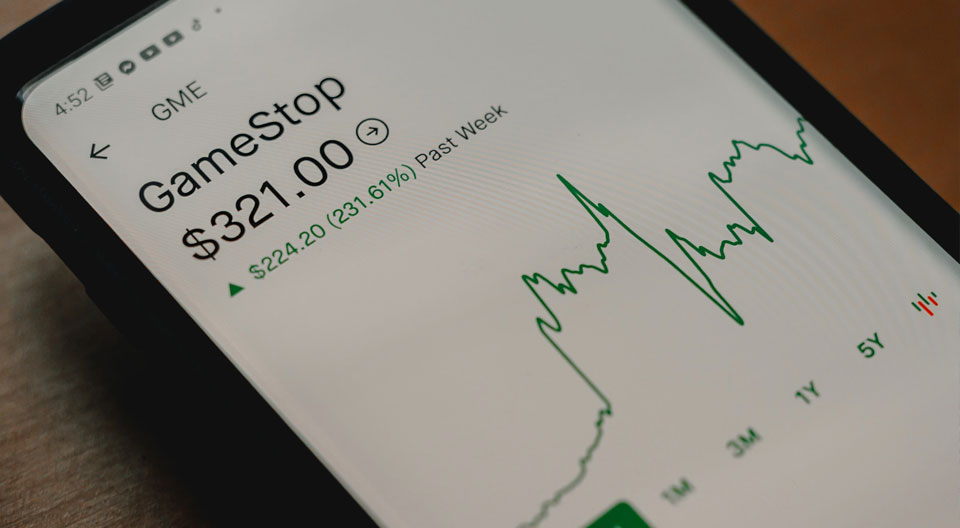

A share of stock represents part ownership in a company. Theoretically, the price of the stock should reflect the underlying value of the company. In finance courses, that value is determined by calculating the present value of expected future cash flows from the company. Think of it this way, if you were actually going to buy a business, what you should pay for it depends on the cash flows that you will derive from that business in the future.
Note in the above paragraph that I indicated, “Theoretically, the price of the stock should reflect the underlying value of the company.” In reality, it doesn’t always work that way.
In reality, the price of a stock reflects the demand for it and supply of it. Basic economics – if demand goes up (for any reason), the price goes up.
GameStop has struggled financially; as a result, certain large professional (institutional) money managers, like hedge funds, “shorted” the stock. If you “short” a stock, you expect the stock price to decrease in the future and will profit from a decrease in the stock price. The process works this way. If you “short” a stock, you are selling shares that you do not own. You have borrowed these shares from a broker (for a fee), with the legal obligation to return the shares to the broker at some point in the future. In other words, sell today when the price is high and buy shares back in the future when the price is low. Short selling will initially put downward pressure on a stock price because hundreds of thousands of shares may be being sold.
WallStreetBets is an online stock trading chat community comprised primarily of small, individual investors on Reddit, the social web platform. The WallStreetBets investors didn’t like how Wall Street was shorting the stock and suppressing the stock price. The WallStreetBets investors believed they could force a market rally by creating demand which would increase the stock price and hurt the hedge funds. Stock trading apps like Robinhood and ETrade have made investing easier for smaller investors; combined with WallStreetBets, collective smaller investor objectives became easier to accomplish.
Mission accomplished. GameStock stock began the year at a price of $17.25 per share and closed January at $325. The price reflects the underlying demand for the stock, not a change in the value of the company. Trading during January has been extremely volatile, with significant up and down swings increasing the risk for any buyer and seller.
On the one hand, there is no doubt the smaller investors of WallStreetBets caused millions of dollars in losses for some Wall Street hedge funds. On the other hand, this does create some issues for regulators and the financial markets. The stock trading activity by short-selling Wall Street hedge funds and the WallStreetBets community isn’t investing. It’s betting on short-term movements in stock prices based on supply and demand for the stock, not actual company value. This can create extreme market price volatility, which can pose problems for long-term investors, including smaller individual investors. If you have money in a retirement account or college savings account, volatile price swings on the investments in those accounts not based on changes in corporate value can be problematic and make financial planning challenging. In any event, another issue for regulators and politicians to discuss.

Kevin Bahr is a professor emeritus of finance and chief analyst of the Center for Business and Economic Insight in the Sentry School of Business and Economics at the University of Wisconsin-Stevens Point.
